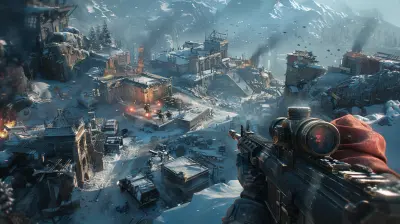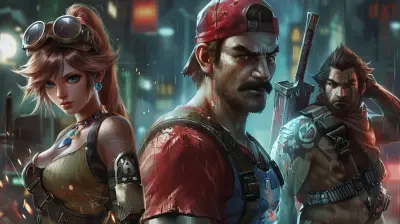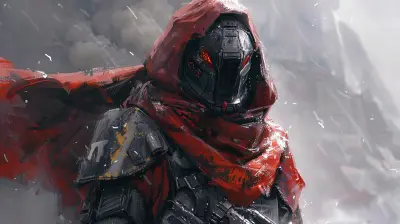Fandoms and Their Influence on Character Development
17 August 2025
Have you ever found yourself so invested in a fictional world that you felt like you lived there? That’s the magic of fandoms! They’re more than just groups of people obsessing over a TV show, book series, or video game. Fandoms are a cultural powerhouse, shaping not only the way stories are consumed but also how characters are perceived, evolved, and sometimes even rewritten.
Grab your favorite beverage, sit back, and dive into the world of fandoms and their influence on character development. Trust me, it’s a rollercoaster ride that’s more entertaining than an epic season finale. 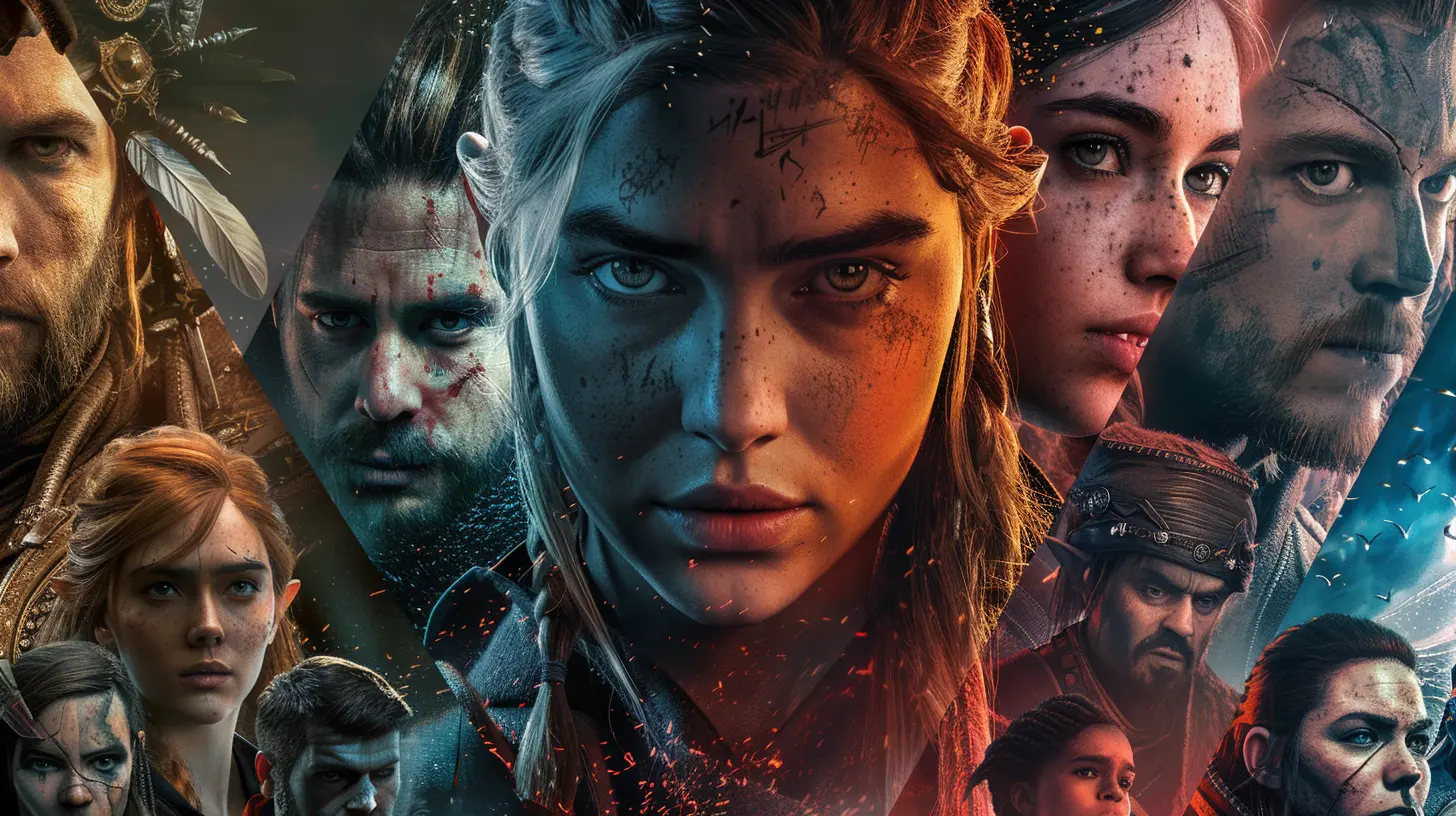
What Exactly Is a Fandom?
Before we jump into the nitty-gritty of character development, let’s get on the same page about what a fandom is. In short, fandoms are communities of people who are passionate about a particular piece of media. Think of Potterheads for Harry Potter, Trekkies for Star Trek, or even gamers who rally around series like The Legend of Zelda or Final Fantasy.Fandoms thrive on discussion, creativity, and even a sprinkling of drama—it’s like a mini-society. Members write fanfiction, create fan art, analyze every scene, and passionately argue over ships (aka relationships). And while it’s easy to dismiss fandoms as just fanatical groups, their collective voice has a surprising amount of power. 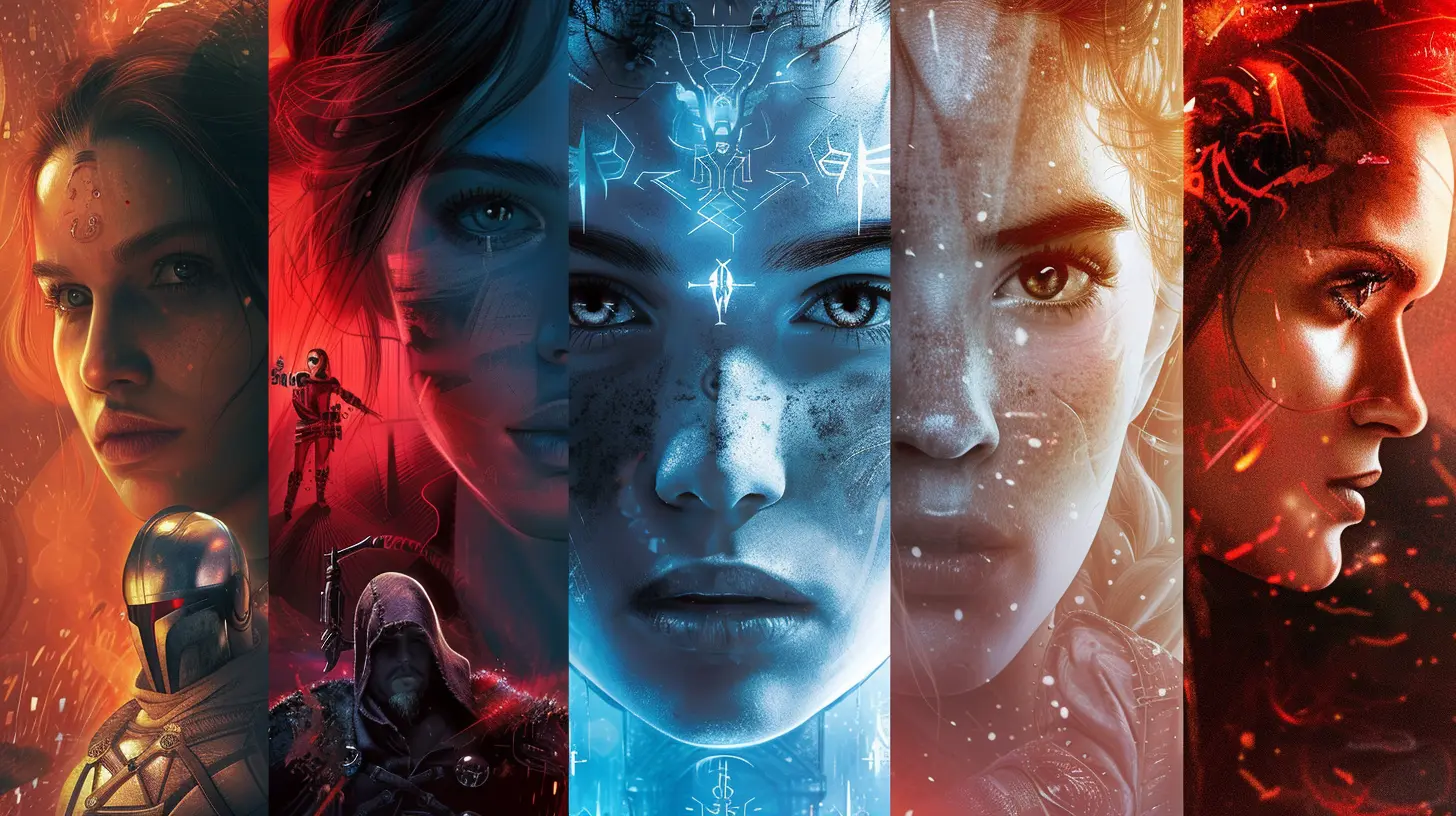
Fandoms as Co-Creators of Characters
Remember when you were a kid playing pretend with your toys? You probably took those characters and gave them lives that the creators never intended. In many ways, that childlike imagination is alive and well in fandoms today. They expand on characters in ways that creators may not have considered—or even wanted.Take, for instance, Sherlock, the BBC series. While the creators told their story in the show, fans all over the world added layers to those characters in fanfiction, theorized about their motivations, and even rewrote endings. The creators may have written the blueprint, but fans took the liberty of adding emotional furniture to the rooms.
And, let’s not forget fanfiction. Platforms like Archive of Our Own (AO3) or Wattpad are bursting at the seams with alternate takes on beloved characters. Love a villain but wish they had a redemption arc? Fans got you covered. Want to ship two characters who barely interact on screen? There’s probably a 50-chapter saga about their secret romance waiting for you.
These reinterpretations can actually feed back into how characters are developed in canon. Writers, showrunners, and game developers keep a close eye on what fandoms are saying. Sometimes, fan sentiment becomes so loud that creators adjust their narratives to accommodate. 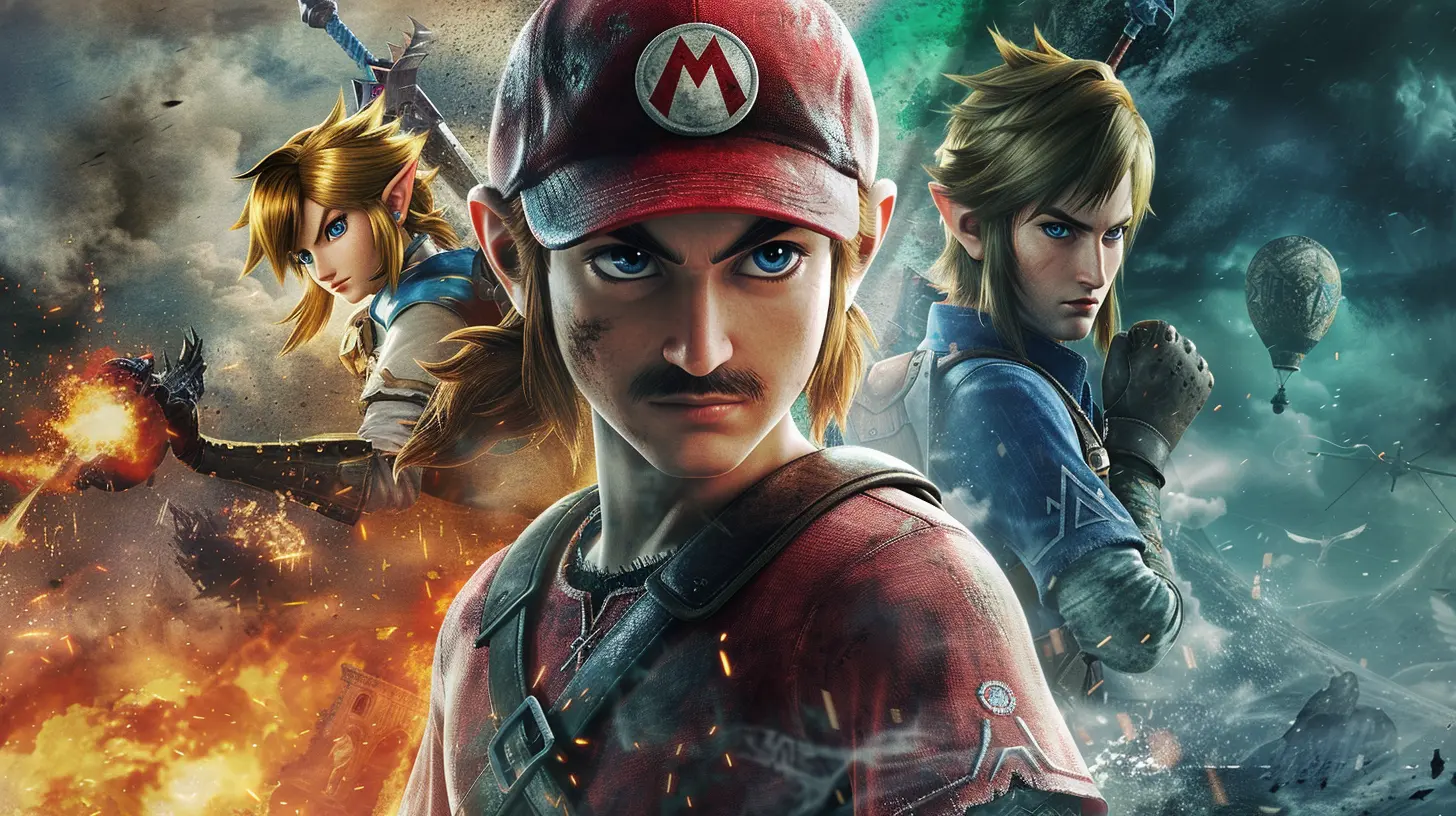
When Fandoms Influence Canon
The line between fan-created content and canon (the official storyline) is blurrier than ever. Let’s geek out over a few notable examples where fandoms literally changed the story:1. Sonic's Redesign – The Power of a United Fandom
Remember the collective meltdown when the first trailer for the Sonic the Hedgehog movie came out? Fans hated Sonic’s design so much that the creators had no choice but to go back to the drawing board. And let’s be real—it worked. Sonic's redesign became a major win, reminding Hollywood that fandoms aren’t just here to consume—they’re here to have a say.2. The Rise of Destiel in Supernatural
The angel Castiel was originally supposed to appear in only a handful of episodes of Supernatural. But thanks to fan love (and, let’s be honest, some serious shipping wars), the character became a long-standing member of the cast. Fandoms can sometimes sniff out chemistry before even the showrunners realize it!3. The Snyder Cut – Fans Demanding Justice
Fans of Zack Snyder’s vision for Justice League went above and beyond to demand that Snyder’s original cut of the movie see the light of day. The #ReleaseTheSnyderCut campaign snowballed into a cultural movement, and eventually, HBO Max delivered. Love or hate it, the Snyder Cut exists because of fandom determination.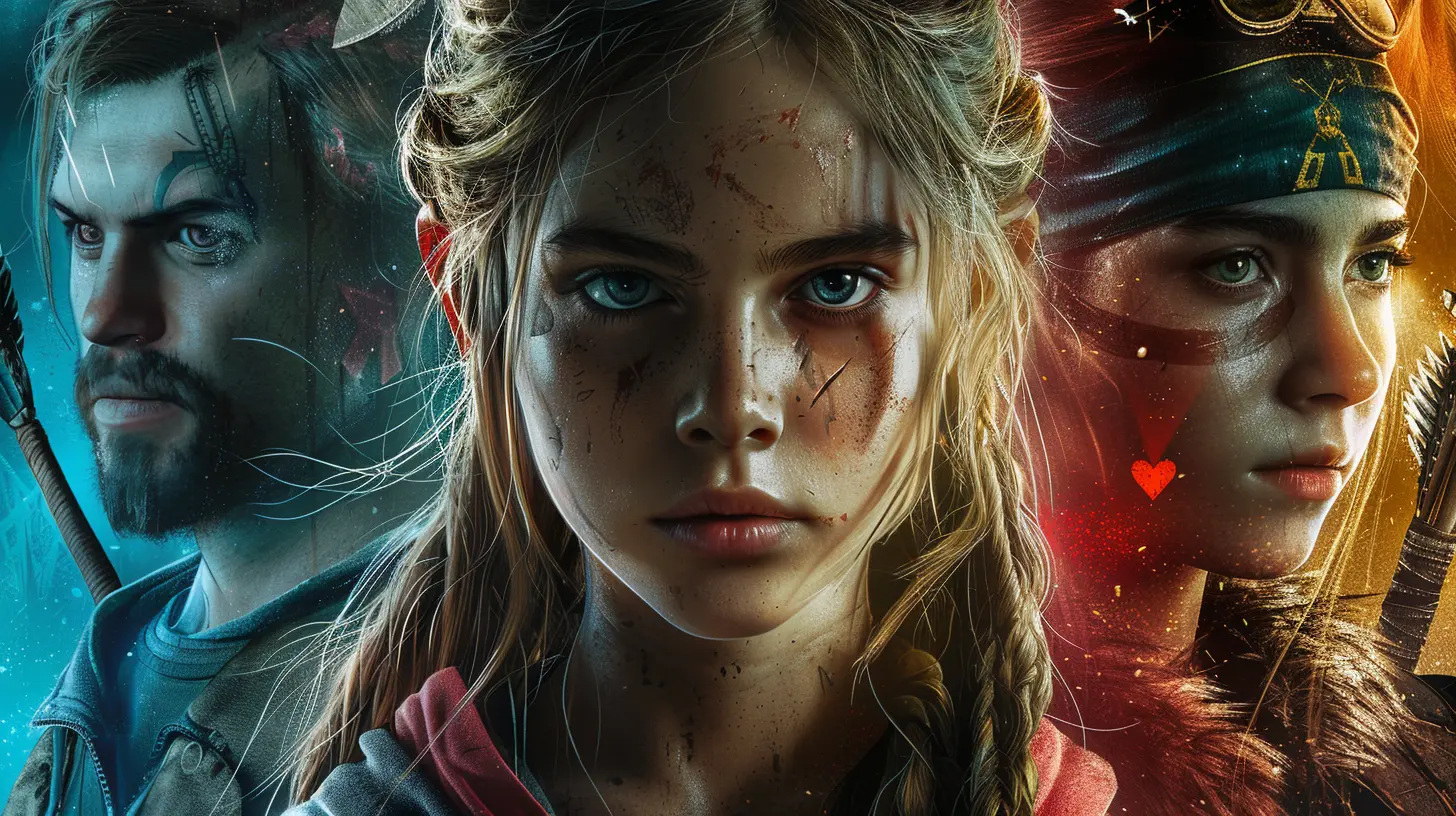
How Fandoms Challenge Character Stereotypes
Fandoms also have a knack for challenging tired stereotypes in character development. When diversity or depth is lacking in characters, fans are often the first to say, “Hey, this could be better.”One great example? The 100. Fans called out the show for its "Bury Your Gays" trope when a beloved LGBTQ+ character was killed off. This sparked a broader conversation about representation in media. Fandoms aren’t just content to watch passively—they demand accountability and authenticity.
On the flip side, fans can sometimes romanticize problematic behaviors in characters. Take Twilight’s Edward Cullen, for instance. Fans adored him but conveniently overlooked the fact that he was, well, a controlling vampire stalker. So, while fandom influence can push for better representation, it can also muddy the waters when it comes to moral debates.
The Two-Edged Sword of Fandom Influence
While fandoms hold a ton of creative power, it’s not always sunshine and rainbows. Sometimes, fan expectations clash with creator vision, and things can get messy.The Battle Between Fans and Creators
Here’s a question for you: Should creators listen to what fans want, or should they stick to their artistic integrity?Take Game of Thrones as an example. The final season left the fandom divided, to put it mildly. Some fans were disappointed because their theories didn’t pan out; others felt character arcs (looking at you, Daenerys) were rushed. The backlash was so intense that petitions circulated online asking HBO to remake the entire season.
Creators sometimes argue that fandoms can be entitled—they want stories written their way. Meanwhile, fandoms might counter that creators work for the fans, so why not give them what they want? This eternal tug-of-war is part of what makes fandom influence a double-edged sword.
Why This Matters for Games
Let’s shine the spotlight on video games for a hot second, shall we? Gaming fandoms are some of the most passionate—and vocal—in the entertainment industry. Players don’t just watch a character grow; they actively help shape them through choices and gameplay.Consider Mass Effect. The endings of Mass Effect 3 sparked so much backlash (fans felt their choices didn’t matter) that BioWare released an extended cut to address the outrage. Gaming fandoms blur the line between audience and participant, giving them even more power than traditional fandoms.
And don’t even get me started on the phenomenon of mods. Games like The Elder Scrolls V: Skyrim are practically built upon a foundation of fan mods. Characters, quests, and entire worlds are created by the fandom, breathing life into games long after official updates have stopped.
The Future of Fandom Influence on Character Development
As technology evolves, so will fandom influence. Social media has already made it easier than ever for fans to have a direct line to creators. Will AI-driven platforms allow fans to literally co-write their favorite stories? Who knows, but it’s a fascinating (if slightly terrifying) thought.One thing’s for sure: fandoms aren’t going anywhere. They’ll continue to challenge stereotypes, push for better representation, and demand deeper, more meaningful character arcs. And honestly? That’s a good thing.
Fandoms are like the best kind of editor—they call out the flaws, amplify the strengths, and keep creators on their toes. Characters may start in the writer’s room, but it’s the fans who truly bring them to life.
Final Thoughts
Fandoms are the unsung heroes of character development. Sure, writers, developers, and directors provide the initial spark, but fandoms are the ones who fan the flames. They dissect, rebuild, and sometimes even outshine the original work. From spotlighting flaws to elevating beloved characters to god-like status, their impact is undeniable.So, the next time you find yourself falling in love with a fictional character or joining a heated Reddit debate about a plot twist, remember—you’re part of something bigger. You’re shaping the story, one passionate post at a time.
all images in this post were generated using AI tools
Category:
Video Game CharactersAuthor:

Brianna Reyes
Discussion
rate this article
2 comments
Aris Castillo
Fandoms wield a surprising power over character evolution, crafting narratives that blur the lines between creator and audience. As whispers of alternate realities and hidden motives surface, one must wonder: are we shaping these characters, or are they reshaping us in their enigmatic journey?
February 25, 2026 at 5:36 AM
Ivory Kearns
Fandoms are the unseen architects of character evolution, molding traits and arcs like clay. Their passionate insights can transform a mere persona into a cultural icon, proving that the loudest voices often craft the most compelling narratives.
August 29, 2025 at 2:47 AM

Brianna Reyes
Thank you for your insightful comment! It's true that fandoms play a crucial role in shaping characters, elevating them beyond the page and screen into cultural phenomena. Their passion and creativity enrich narratives in profound ways.
